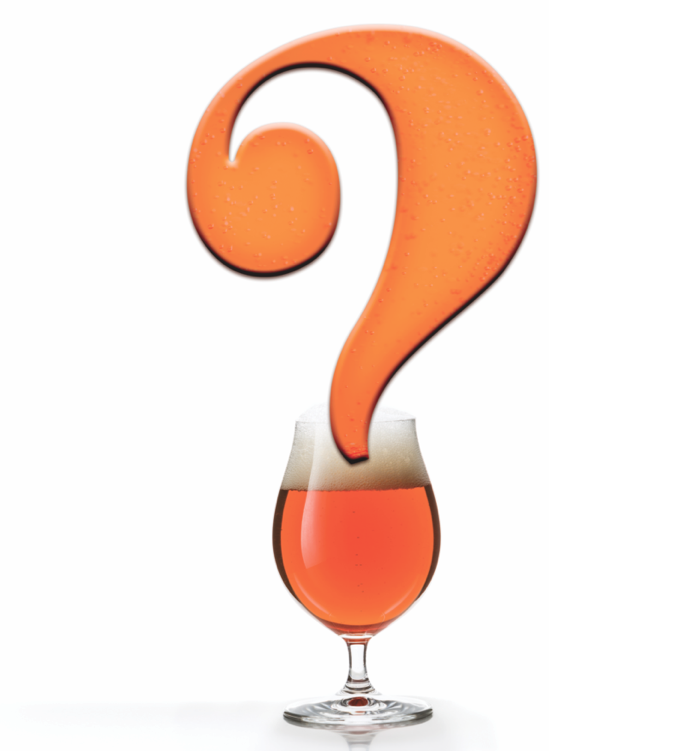Don’t miss our New England Beer & Baseball adventure in 2026! Click here to register!
Mr. Wizard
Posts
-
 Mr. Wizard
Mr. Wizard
Reduce the amount of phenolics in a beer?
-
 Mr. Wizard
Mr. Wizard
Brewing a “hybrid” style
-
 Mr. Wizard
Mr. Wizard
Is homebrew is an excellent source of vitamin B?
-
 Mr. Wizard
Mr. Wizard
How can you imitate barrel aging homebrew with oak chips?
-
 Mr. Wizard
Mr. Wizard
Extract Addition times
-
 Mr. Wizard
Mr. Wizard
Minimizing diacetyl in lagers
-
 Mr. Wizard
Mr. Wizard
RIMS systems
-
 Mr. Wizard
Mr. Wizard
Irish Red Ales vs Oktoberfest
-
 Mr. Wizard
Mr. Wizard
Corking Belgian-style homebrews
-
 Mr. Wizard
Mr. Wizard
When you want to double the batch size of a recipe, do you just double all the ingredients also?
-
 Mr. Wizard
Mr. Wizard
What is the proper way to force carbonate a keg of homebrew?
-
 Mr. Wizard
Mr. Wizard
Gelatin fining naturally conditioned beer
